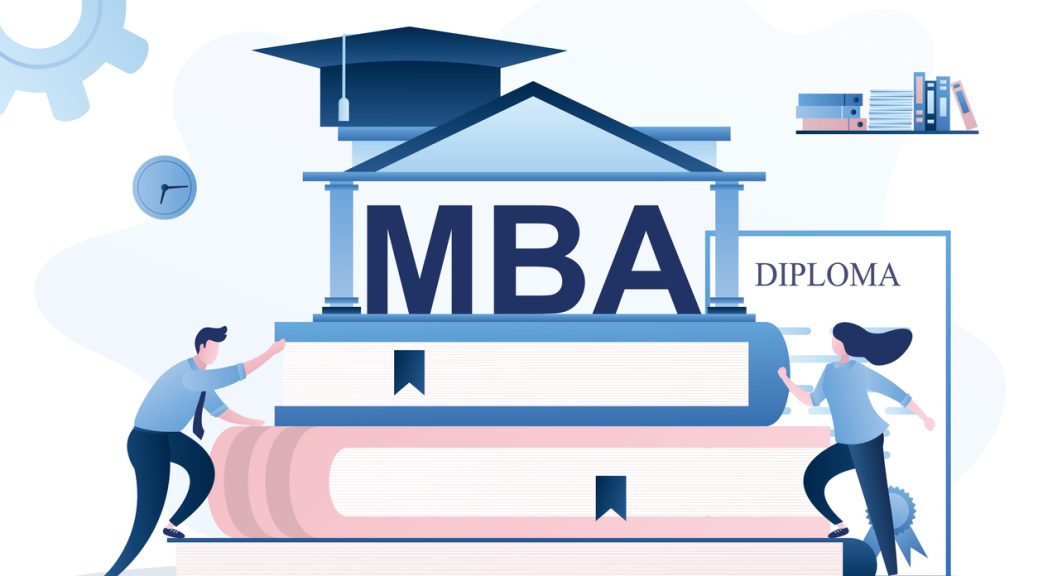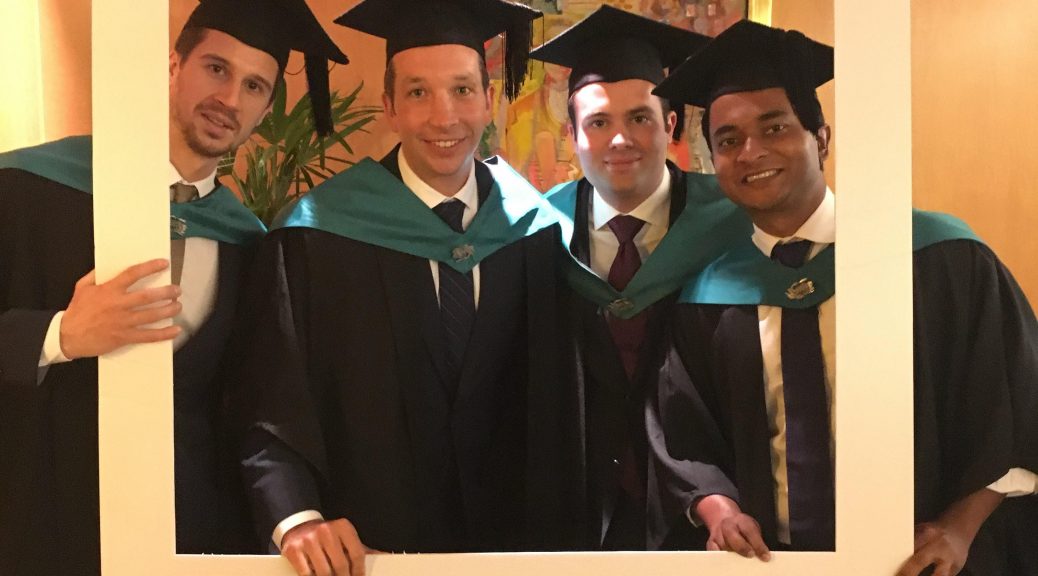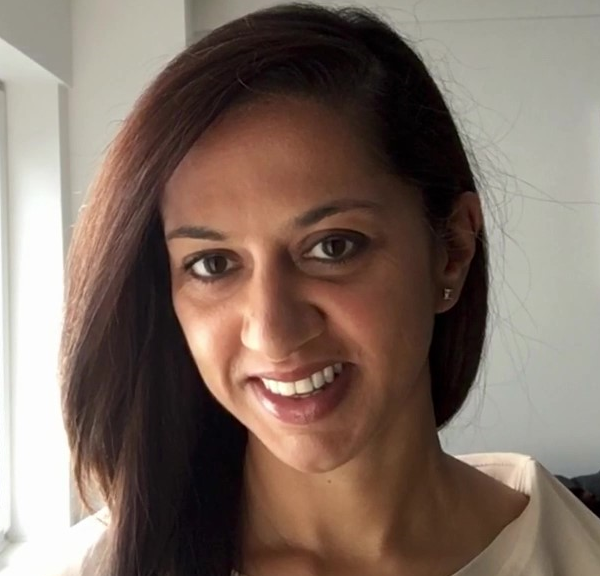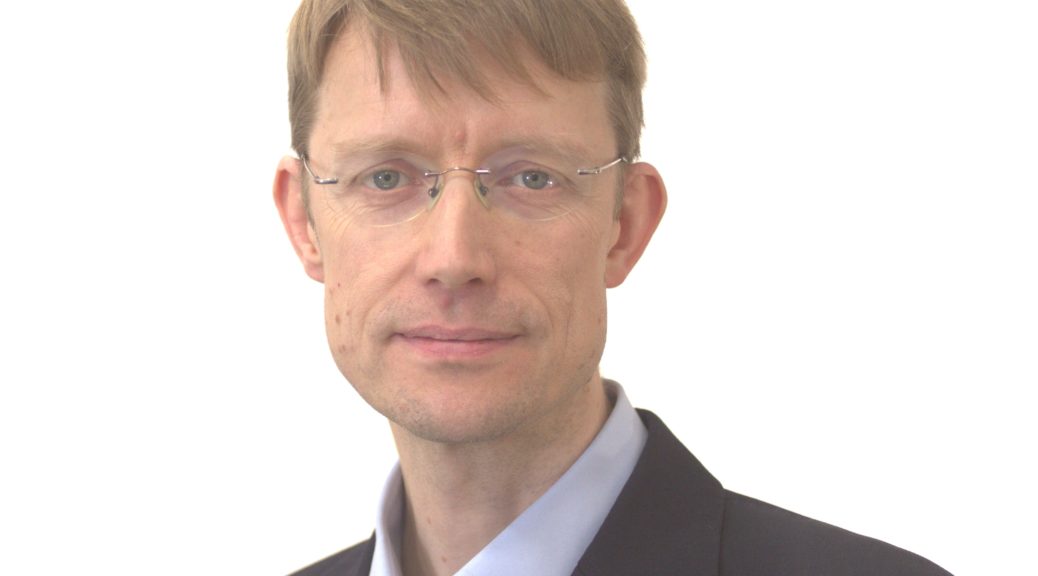 Choosing an MBA is becoming increasingly complex. There are thousands of MBA courses available and the cost of both your personal and financial investment will be considerable. Therefore, it’s crucial that you choose a programme that best fits your needs and goals. To help you with your decision, we have compiled a few of the most important things to look at when considering your business education programme as well as things to avoid.
Choosing an MBA is becoming increasingly complex. There are thousands of MBA courses available and the cost of both your personal and financial investment will be considerable. Therefore, it’s crucial that you choose a programme that best fits your needs and goals. To help you with your decision, we have compiled a few of the most important things to look at when considering your business education programme as well as things to avoid.
Do research schools and programmes thoroughly
When looking at options for study be sure to check that the schools are well established and have a formidable reputation for producing top-quality graduates. You can use the school’s rankings and accreditations to give you an initial idea of what they offer but their ranking should not be your only criteria. Make sure that they offer what you feel are the most important things for you and your future career. It’s also a good idea to research the quality of each shortlisted school’s alumni network. A top school will be proud of its past students and their ongoing successes. As part of your research, you can reach out to alumni via LinkedIn and politely ask for a few minutes of their time.
Do think ahead
Once you have made a long list of schools with strong credentials make sure that the core curriculum is suited to what you wish to learn.
All MBA programmes will offer the usual blend of business courses but also take into account that soft skills are an important part of any MBA curriculum and are increasingly valued by potential employers. Soft skills such as leadership and managerial expertise will make you stand out to employers when your degree is complete so be aware of this during your research. It is best to look at the big picture early and to ensure that course specialisations match your career goals.
Different schools also offer different specialisations, so make sure these are in line with your own needs and plans.
Do network
A school’s alumni network will give you a strong idea of how past students have progressed since graduating so this can be a valuable resource. Better still is to make contact with a past student or current student who will be able to give you an honest opinion of the school and the course. They’ll be able to tell you about the standard of recruiters, what they are doing now and how they funded their degree. You should find that most students are happy to share their experiences and give you a few valuable tips to help you make up your mind.
Do consider the practicalities
As your MBA course will be both demanding and intense your living conditions must be comfortable and convenient for class. Make sure that you have an idea whether the campus is located near public transport and if your travel to classes is likely to be a long commute or a simple one. Remember, courses can be very time intensive, so a very long trip to and from the school may make it far harder to have a successful experience. Again, try and speak to past and current students who will be able to guide you on this.
If your family are keen to visit you, it is also a sensible idea to check out nearby amenities where they could stay. If you choose a school overseas, you will have to double your research efforts to make sure you will be happy with the change of country and customs as well as your accommodation.
Do Visit the Schools
Once you have whittled your long list down to a shortlist of potential schools and courses, visit those on your list in advance of your final decision. Visiting the schools will allow you to use all of your research to ask more specific questions and give you a feel of each school.
Check that each school has a variety of teaching methods that will keep you challenged and engaged. Most courses will mix workgroups so you will be able to work with different students and be exposed to a variety of opinions and diverse views. All extremely useful for future careers where global understanding is increasingly sought after.
Visiting your shortlist of schools will allow you to talk directly to students and sit in classes for a few hours so you will have a first-hand understanding of the MBA experience. As mentioned earlier, you must be confident of your programme choice so try and get as close to it as possible before you make your final decision.
Don’t leave funding research to the last minute
One of the most important factors in the process of choosing a degree is how you are going to pay for it. Your business education programme can cost a lot of money, so you need to be sure that your course is right for you before you invest.
As well as possible funding from your prospective business school, which may offer scholarships, grants, fellowships, bursaries, or assistantships, it is also worth looking at government websites, charities, trusts and other external scholarship sources, student loans and employer sponsorships.
If you are planning to study overseas, you will need to consider living costs in that country as well as the minimum amount you will need to meet the country’s student visa requirement for the length of your study period.
There are now many ways to fund your MBA, it’s just a case of finding the right one for you.
Don’t be influenced by peer pressure
As tempting as it may be to continue your education with friends you already know, try to put that to the back of your mind when you are making your programme choice. It can be a big mistake to choose a school because others do and difficult to resist as your friends, peers and family are strong influencers in life.
The time you spend at business school is one of the most important periods you will experience, so it is better to make pragmatic choices now about where and what you study and assert responsibility for your own decisions.
Don’t narrow your school options
If you allow yourself plenty of time, you will be able to cast your net far and wide when considering which schools to apply to. Although it’s not a hard and fast rule, typically, applicants apply to several schools based on their backgrounds, experience and goals. Of course, applying to multiple schools means more time has to be devoted to research and essay writing, but we think this is a sound strategy because it helps you fine tune your applications and gives you options when the results come in from the schools.
Don’t think your MBA course will be a breeze
The MBA experience is notoriously challenging and intense. Not surprising when so much is packed into a brief time span. Typically, your course will require you to work more independently than you might be used. Some schools give contact time with tutors, some do not. You will also have to motivate yourself to keep on top of your workload and although mixing with fellow students is useful you will probably spend less time on pure socialising than you did at college. It can take time for new students to come to terms with, but the high intensity of the classes tends to drive everyone to a stronger performance overall.
Don’t be forced into a quick decision
Perhaps the biggest mistake is to choose a programme or business school without researching it to the best of your ability. If you thoroughly research schools and courses, you will be fully equipped to make your final choice when the offers roll in!
Engineers in Business Fellowship helps engineers with early leadership potential to finance MBAs at 14 international business schools. If you are currently researching business schools and want to learn about our £500,000 annual Sainsbury Management Fellows MBA scholarship scheme, please visit the application page.









 Davina Patel is one of 375 professional engineers who have been awarded our prestigious Sainsbury Management Fellows scholarship to study an MBA at a top tier business school. After gaining her MBA at London Business School, Davina has used her newly acquired business skills and insights as a catalyst towards an exciting new career. Davina has taken time out to talk to us about her early passion for engineering, her MBA experience, her career and lessons learnt along the way.
Davina Patel is one of 375 professional engineers who have been awarded our prestigious Sainsbury Management Fellows scholarship to study an MBA at a top tier business school. After gaining her MBA at London Business School, Davina has used her newly acquired business skills and insights as a catalyst towards an exciting new career. Davina has taken time out to talk to us about her early passion for engineering, her MBA experience, her career and lessons learnt along the way.


